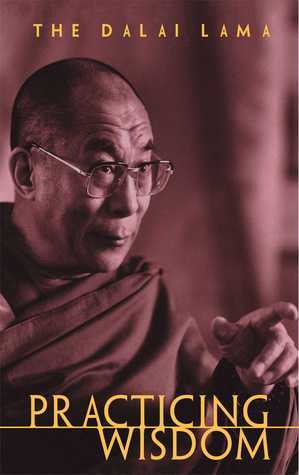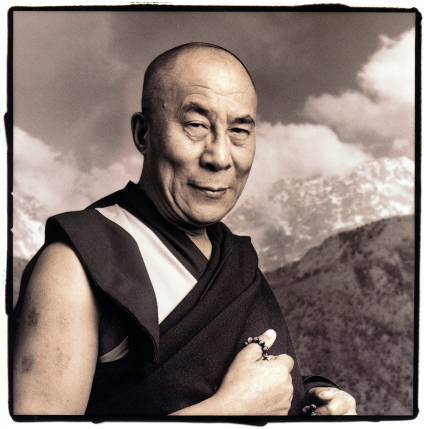
Like the bestselling A Flash of Lightning in the Dark of the Night, Practicing Wisdom focuses on Shantideva's Way of the Bodhisattva . While the former includes only a brief introduction to Shantideva's complex and crucial ninth chapter on insight, Practicing Wisdom is a full and detailed follow-up commentary, making it an invaluable statement on the fundamental concept behind Buddhist thought and practice. Shantideva says at the beginning of the final chapter of his Guide to the Bodhisattva Way of Life : "All branches of the Buddha's teachings are taught for the sake of wisdom. If you wish to bring an end to suffering, you must develop wisdom." Shantideva's ninth chapter is revered in Tibetan Buddhist circles as one of the most authoritative expositions of the Buddha's core insight, and all other Buddhist practices are means to support the generation of this wisdom within the practitioner. In Practicing Wisdom, the Dalai Lama reaffirms his reputation as a great scholar, communicator, and embodiment of the Buddha's Way by illuminating Shantideva's verses, drawing on contrasting commentaries from the Nyingma and Gelug lineages, and leading the reader through the stages of insight up to the highest view of emptiness. These teachings, delivered in southern France in 1993, have been masterfully translated, edited, and annotated by Geshe Thupten Jinpa, the Dalai Lama's primary translator and founder of the Institute of Tibetan Classics.
Author

Jetsun Jamphel Ngawang Lobsang Yeshe Tenzin Gyatso (born Lhamo Döndrub), the 14th Dalai Lama, is a practicing member of the Gelug School of Tibetan Buddhism and is influential as a Nobel Peace Prize laureate, the world's most famous Buddhist monk, and the leader of the exiled Tibetan government in India. Tenzin Gyatso was the fifth of sixteen children born to a farming family. He was proclaimed the tulku (an Enlightened lama who has consciously decided to take rebirth) of the 13th Dalai Lama at the age of two. On 17 November 1950, at the age of 15, he was enthroned as Tibet's ruler. Thus he became Tibet's most important political ruler just one month after the People's Republic of China's invasion of Tibet on 7 October 1950. In 1954, he went to Beijing to attempt peace talks with Mao Zedong and other leaders of the PRC. These talks ultimately failed. After a failed uprising and the collapse of the Tibetan resistance movement in 1959, the Dalai Lama left for India, where he was active in establishing the Central Tibetan Administration (the Tibetan Government in Exile) and in seeking to preserve Tibetan culture and education among the thousands of refugees who accompanied him. Tenzin Gyatso is a charismatic figure and noted public speaker. This Dalai Lama is the first to travel to the West. There, he has helped to spread Buddhism and to promote the concepts of universal responsibility, secular ethics, and religious harmony. He was awarded the Nobel Peace Prize in 1989, honorary Canadian citizenship in 2006, and the United States Congressional Gold Medal on 17 October 2007.